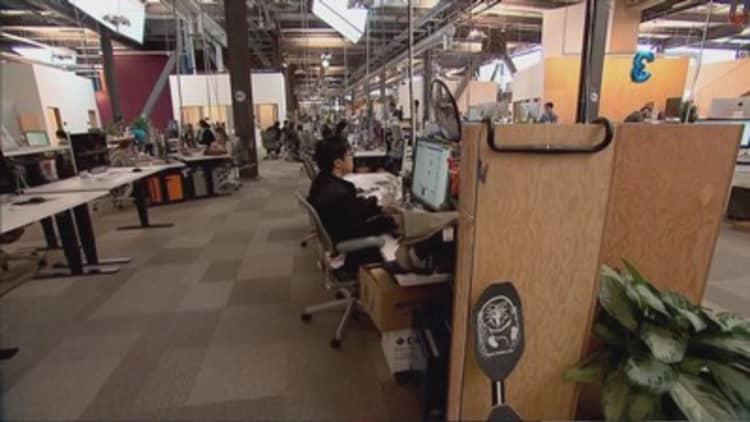
Applying for that first credit card is a young adult's rite of passage. Actually getting one is another matter.
Many millennials apply for cards — often it turns out — and are declined either because they don't have much of a credit history or because of low credit scores, according to a new study from ID Analytics, a San Diego-based consumer risk management firm.
About 63 percent of younger millennials don't have a single credit card, compared with 35 percent of adults over 30, according to a separate report by Bankrate.
It's a Catch-22: "It's hard to get credit if you don't have credit," said Patrick Reemts, ID Analytics' vice president of credit risk solutions.
"You'd expect them to have a lion's share of the application volume, and that's the case, but they are being declined at a very high rate," Reemts said. (Millennials now number 75.4 million and have surpassed the 74.9 million baby boomers as the nation's largest living generation, according to the U.S. Census Bureau.)
Millennials apply for credit cards at higher rates than Generation X or baby boomers, the ID study said. But two-thirds of consumers under 30 have subprime or non-prime credit scores and one-third of millennials don't have any credit history.
As a result, less than half of millennials have credit scores that will qualify them with most mainstream lenders. ID Analytics looked specifically at applicants between ages 18 and 32 who were declined for credit or services over five years from 2010 to 2015.
"They are less credit mature," said Paul Siegfried, a senior vice president and credit card line of business leader at TransUnion.
From the lenders' standpoint, although millennials are a large group of potential consumers, they have less credit and probably a lower credit score, therefore they are more inclined to not be a prime borrower, he said.
Still, the credit card industry has indicated it is loosening its standards to the benefit of new applicants.
Last year alone, just more than half of the originations came from millennials in their 20s opening their first card. Including those accounts, 60 percent of new customers were subprime borrowers, meaning those with a credit score of 660 or below, according to TransUnion.
One card in particular, the Chase Sapphire Reserve, hit a sweet spot with millennials, thanks to a generous sign-up bonus, when it was introduced earlier this year.


